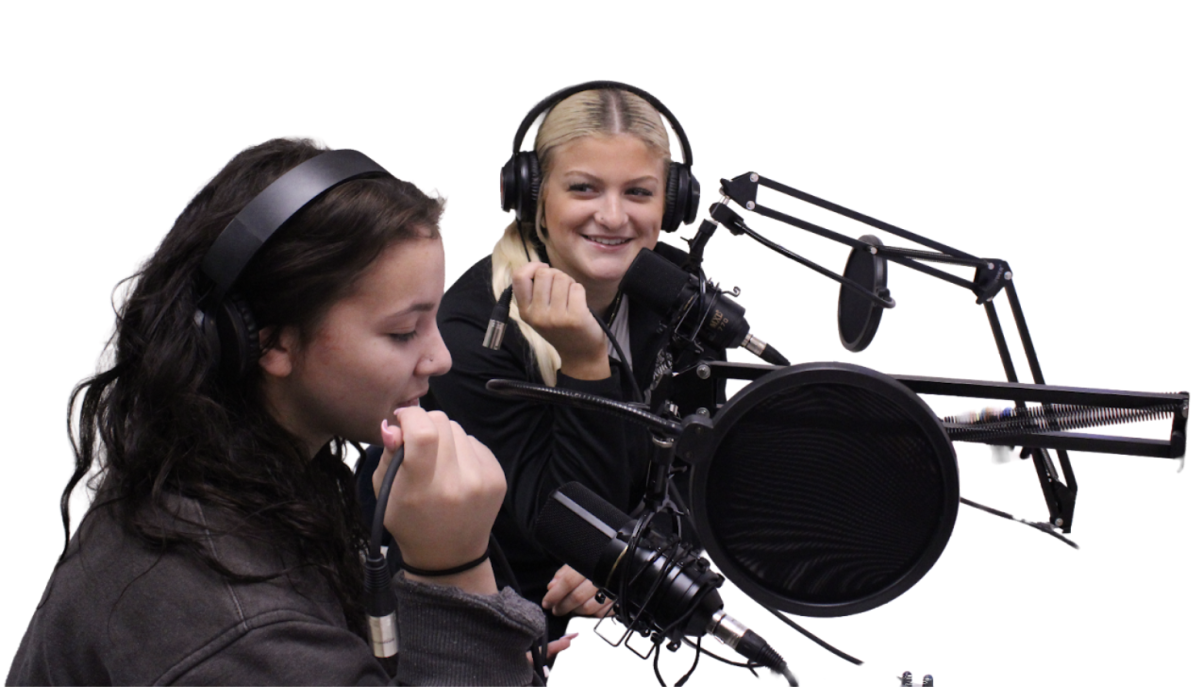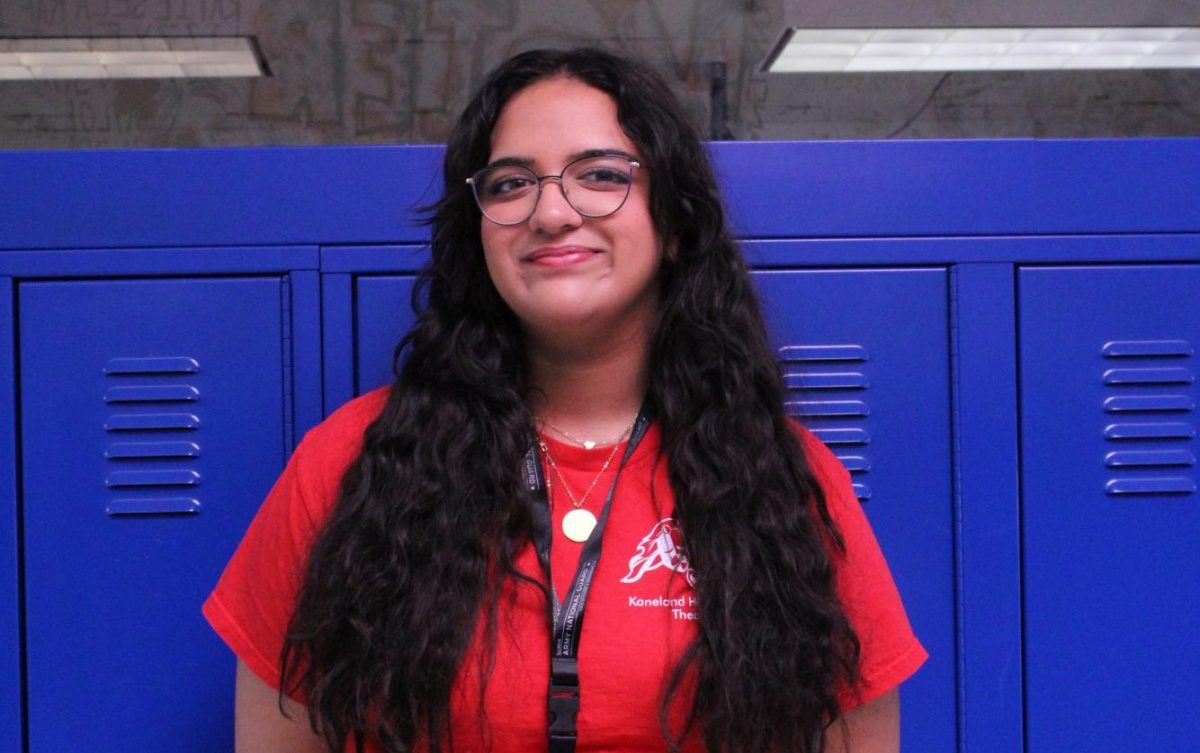Just about everyone experiences love, platonic or romantic, in their lives. Love, and how people express and receive it, is the basis of any healthy relationship. The ways people show their love are through love languages.
There are five known love languages: words of affirmation, physical touch, gift-giving/receiving, quality time and acts of service. According to the psychology organization Love is Respect, discovering which language suits you best “provides a way for you to self-reflect on your [relationship].”
A person with the love language of words of affirmation wants encouraging and complimentary words said to them to know that you care. When they are distressed, saying, “I’m here for you,” or, “It’ll be okay,” is most effective for relieving stress. If they show love through words of affirmation, the individual could give compliments to show appreciation.
With physical touch, the person may want to be comforted by hugs or hand-holding. Even just a hand on their shoulder could help them relax. People who love physical touch often try to stay physically close to not feel alone.
For gift-giving or receiving, it depends on which side a person feels more comfortable with. Someone who prefers gift-giving could get gifts for you, even if it’s not a special occasion, to reassure you that they care. If their love language leans towards gift-receiving, when they get gifts, they feel appreciated.
Experiencing love through quality time involves spending time with a specific person and doing something they like. These people prioritize their time with others to make them feel included and cared for.
Someone who expresses love with acts of service might do household tasks like folding the laundry or washing dishes to show another person love. Doing something as simple as opening a door for someone else is a way to validate that.
The different ways people express and feel love can make the concept of love languages seem daunting, but it’s just a matter of understanding other people. People can use love languages without realizing it. They learn how the people around them appreciate others and how they want to be appreciated. People want to form relationships, and it is helpful to understand whom you are spending time with.
“Getting to know them and [what] they like makes them feel secure in the relationship,” senior Mia Vasallo said.
Love languages differ from person to person. Even if you know someone else’s love language, that doesn’t mean you completely understand their love. People can have different ideas of what a love language means specifically to them compared to others’ interpretation.
According to George Mason University Psychology Professor Gerald Matthews, “People don’t always understand their partners as well as they think they do. You can’t just assume that your partner wants what you want.”
Assumptions in relationships are often due to a lack of communication. Communication can be difficult, but understanding love languages can make it easier.
“Even just knowing your love language can help you become more self-aware in a relationship,” school counselor Cynthia Violett said.
Self-awareness can ease tension in relationships. Knowing what you want is a great start to being able to communicate with the other person.
“My love language is words of affirmation, and I like encouraging words and reassurance. I want you to talk to me about anything,” Vassallo said.
The understanding of your love language doesn’t mean somebody else’s is the same. And having mismatched love languages doesn’t mean people are incompatible and destined to fail in their relationship.
According to Matthews, “People who report the highest levels of affection for their partners weren’t necessarily more likely to share the same love-language preferences than people in less close partnerships.”
Being in a relationship can bring lots of unknowns. That’s how love languages can help. You can use them as a guideline for boundaries.
“If you know the love language of a certain person, it can help you understand their boundaries,” Violett said. “It can help them feel safer [in the relationship].”
When a person expresses that they don’t like physical touch, you could break boundaries by hugging them. It’s beneficial to be mindful of their love language to know how to love them without crossing a line, even if your love language interferes with theirs.
According to Love is Respect, “If [someone] is demanding that you engage in behaviors that you are uncomfortable with to ‘prove’ your love for them, or if they’re making you feel guilty for how you are attempting to show your love to them, that could be a red flag of emotional abuse.”
People may use love languages to mislead someone, but when used correctly, love languages can bring benefits to relationships.
“[Love languages] can help make a relationship more stable and healthy,” Vassallo said.
Understanding love languages might be new and intimidating to some, but it can be worthwhile. They make knowing other people and forming bonds with them easier. Whether it’s a platonic or romantic relationship, love languages can play a huge role in creating healthy relationships with all kinds of people.








